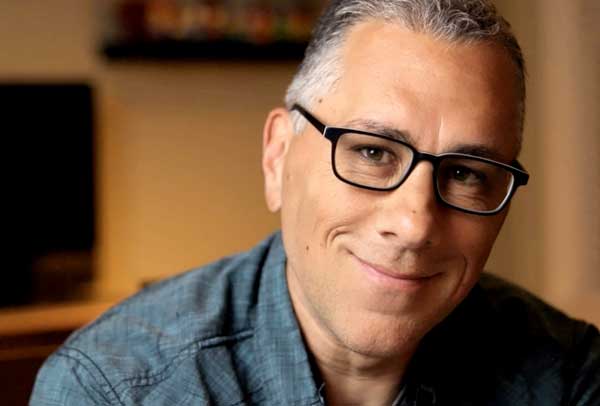Republished with permission from John Pavlovitz,
A dear friend recently posted the words I Stand With Israel on her social media account.
I was honestly curious, so I asked her to clarify what she meant by that:
Was she expressing solidarity for the innocent victims at the Supernova music festival, violently ripped from the planet, as they celebrated a welcome respite from lives that have been forever in the shadow of violence they never asked for?
Was she standing opposite millions of innocent Palestinians who will be slaughtered in the response to an atrocity committed by Hamas extremists: one that they may have had no support for, if even knowledge of?
Was she declaring a theological position of one faith tradition’s worth over another’s?
Was she sharply delineating the borders of land half a world away that she’s likely never step foot onto?
Was she placing herself opposite the unhinged extremists of one faction, and alongside another?
She struggled to verbalize precisely what statement she was making, but I told her I understood. This is something beyond what any of us can fathom. These are vast and sprawling horrors that have been metastasizing for thousands of years.
How can any of us truly claim we’re capable of making sense out of it, let alone cleanly sum it up in a few feeble words? I know we wish we could.
Whenever we face unfathomable things, human beings crave simplicity: something to soothe our psyches and make us feel we’ve dealt with it appropriately and completely. We want a simple platitude that can exempt us from really steeping into the complicated, terrifying, bloody pit of humanity’s capacity for inhumanity, and to admit just how outside of our depths we are.
As a person of faith, morality, and conscience, I don’t know where to stand in times like these—other than with squandered, brutalized life.
That means I don’t get off so easy as to be able to make a tidy little declaration and walk away feeling good about myself.
It means I have to leave the shallows of ambiguity and into deep waters of nuance and history and human nature.
It means I have to read and learn, to listen and reflect, to pray and wrestle. It means I’ll end up with fewer answers and more questions and I might be sick to my stomach.
But this place of staring at the ugly unfigureouttable is where I am, where many of us are.
I’m disheartened to see the all-or-nothing blanket statements so many are making in response to what is unfolding in Israel and Palestine, as if this can all be reduced to the confines of a two-inch square on a screen.
This is not some cheap, cowardly “both sides” equivalency, it’s an admission that the sides just don’t exist in the way we need them to.
This story is far too complex and the human beings too unprecedented to reduce to some platitude or clean imagined moral high ground.
The only thing good people can do in living nightmares like we’re witnessing right now, is to mourn the disparate nature of the suffering.
We should condemn terrorism wherever it shows up.
We should decry brutality whatever its source.
We should oppose ignorance and intolerance wherever we find it.
We should be outraged whenever someone is silenced or dehumanized or violated, no matter where they reside.
We should see and defend the assailed humanity wherever it struggles to strive or even exist.
Above all we should admit that our minds fail to comprehend all we are seeing and our hearts fail to contain the scale of the grief.
All words, like these, ultimately fail us.
Humanity is our shared tribe.
Let us stand with it and fight like hell for it.

John Pavlovitz
John Pavlovitz is a writer, pastor, and activist from Wake Forest, North Carolina. A 25-year veteran in the trenches of local church ministry, John is committed to equality, diversity, and justice—both inside and outside faith communities. When not actively working for a more compassionate planet, John enjoys spending time with his family, exercising, cooking, and having time in nature. He is the author of A Bigger Table, Hope and Other Superpowers, Low, and Stuff That Needs to Be Said.
